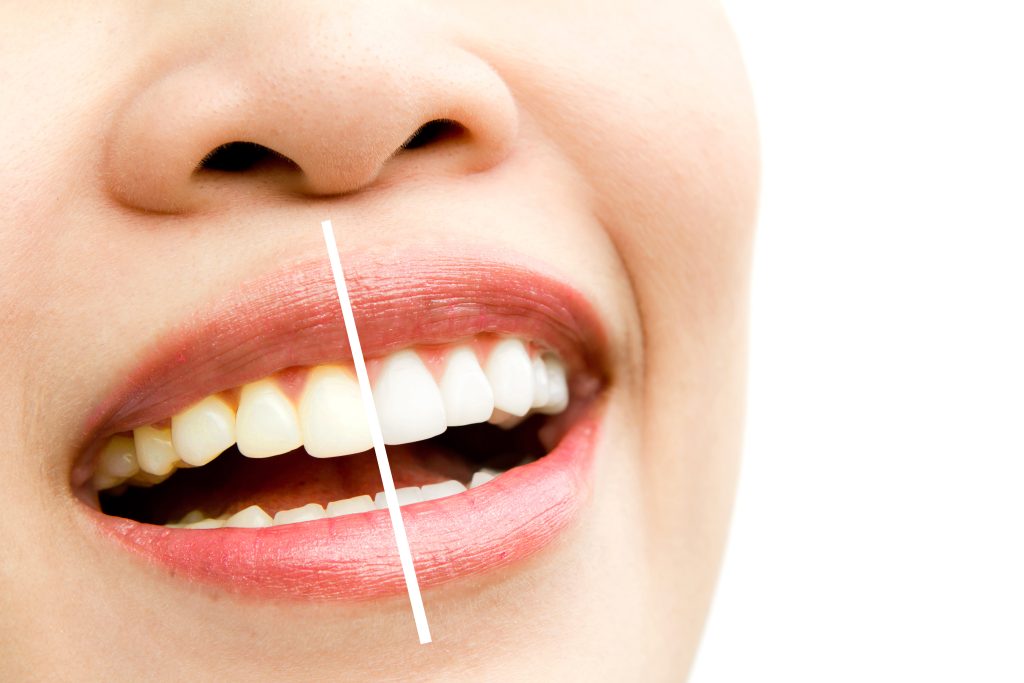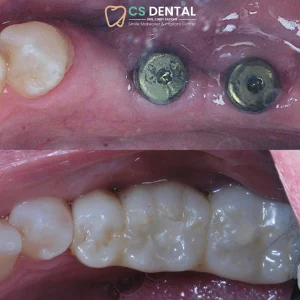Why Post-Veneer Care Matters
Veneers are thin shells placed over the front surface of teeth to enhance their shape, color, or alignment. While veneers are long-lasting and aesthetically pleasing, they’re not maintenance-free. In fact, after getting veneers, you need to be even more mindful of dental hygiene to ensure your veneers remain intact and the underlying teeth stay healthy.
Neglecting post-veneer care can lead to problems such as discoloration, veneer detachment, or damage to your natural teeth. That’s why it’s crucial to understand how to properly maintain your teeth after undergoing a veneer procedure.
Our Treatments :
What Happens After Getting Veneers?
After your veneers are placed, it’s normal to feel slight discomfort or sensitivity to hot and cold. This usually fades within a few days. The veneers will immediately feel functional, but it may take some time to get used to their shape and texture.
It’s important to remember that veneers—whether porcelain or composite—are not as strong as natural enamel. Though durable, they can still chip or crack if not properly cared for.
Tips to Maintain Dental Health After Veneers
Caring for your veneers isn’t complicated, but it does require consistency. Here are some essential tips to follow:
1. Brush Gently and Regularly
Use a soft-bristled toothbrush and a non-abrasive toothpaste. Brushing twice a day is standard for oral hygiene, but after veneers, you should be gentler to avoid irritating your gums or damaging the veneer edges.
Avoid whitening toothpaste with harsh ingredients, as they can wear down the veneer surface or create uneven color between veneers and natural teeth.
2. Use Dental Floss and Antiseptic Mouthwash
Although veneers cover the front of your teeth, the spaces between them still need to be cleaned. Floss daily to prevent plaque buildup, and complete your routine with an antiseptic mouthwash to maintain overall oral cleanliness.
3. Avoid Staining Foods and Drinks
Porcelain veneers are stain-resistant, but composite veneers are more porous and prone to discoloration. Limit your intake of coffee, tea, red wine, and artificially colored foods. If you do indulge, rinse your mouth or brush your teeth shortly after.
4. Don’t Use Your Teeth as Tools
Avoid biting your nails, opening packages with your teeth, or chewing hard items like ice. These habits can damage the structure of your veneers, leading to cracks or detachment that require repair or replacement.
5. Maintain a Balanced Diet
Your diet plays a role in oral health. Make sure to consume foods rich in calcium, vitamin D, and other essential minerals to support the health of the gum and bone structures. Healthy gums help keep your veneers stable over time.
6. Be Aware of Bruxism (Teeth Grinding)
If you grind your teeth at night (a condition known as bruxism), speak to your dentist about a night guard. Constant pressure from grinding can wear down or damage veneers.
7. Schedule Regular Dental Check-Ups
Visit your dentist at least every 6 months. Routine check-ups allow your dentist to monitor the condition of your veneers, assess gum health, and professionally clean areas that are difficult to reach with a toothbrush.
How Long Do Veneers Last?
The longevity of veneers depends on the material used and how well you care for them. Porcelain veneers typically last between 10 to 15 years, while composite veneers last about 5 to 7 years. With proper care, they can last even longer and continue to look natural.
It’s important to note that veneers are irreversible. The natural tooth is reshaped for placement and cannot be restored to its original condition. That’s why taking great care of your veneers is a wise step to avoid additional treatments in the future.
Read More : Benefits of Regular Teeth Scaling You Need to Know
Can Veneers Be Replaced If Damaged ?
If a veneer suffers minor damage like a small chip, your dentist may be able to repair it depending on the material. But if the damage is significant or the veneer detaches completely, a new one may be required. Replacing veneers is generally quicker than the initial procedure but still requires a thorough dental evaluation.
Maintaining your dental health after veneers is a long-term investment in a healthy, confident, and dazzling smile. Don’t wait for issues to appear—book your regular check-up now at CS Dental to keep your veneers in top shape and your smile glowing.
Sources:
- http://www.healthline.com/health/dental-veneer-care
- http://www.webmd.com/oral-health/veneers
- http://www.ada.org/resources/research/science-and-research-institute/oral-health-topics/veneers
- http://www.ncbi.nlm.nih.gov/pmc/articles/PMC7573637/
- http://www.mayoclinic.org/tests-procedures/dental-veneer/about/pac-20384980




